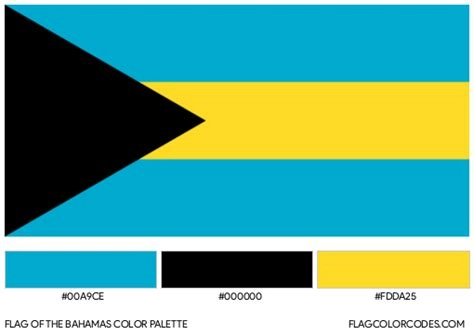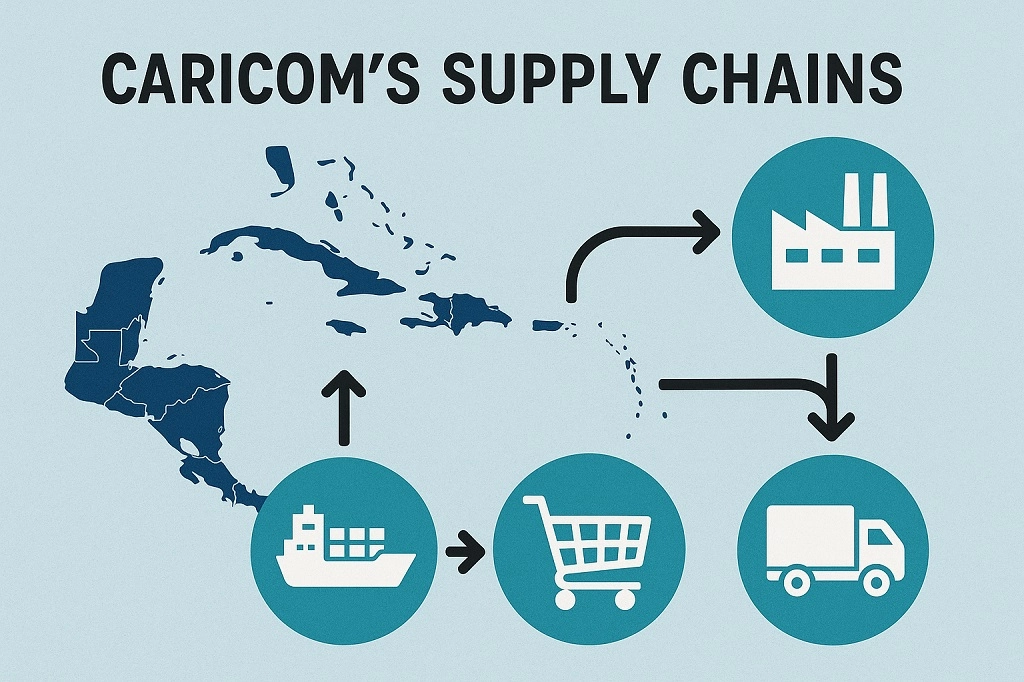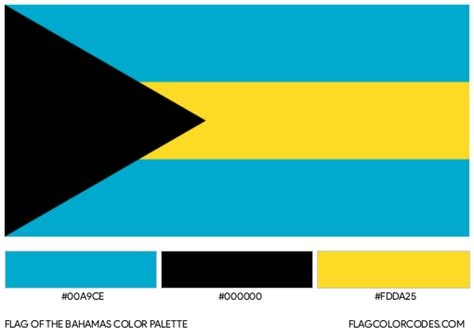
Cookies & Privacy
This website uses cookies or similar techonoglies to enhance your browsing experience and provide personalized recommendations. By contrinuing to use our website, you agree... Cookie Policy
 Bahamas Top Import
Bahamas Top Import
In 2023, The Bahamas imported approximately $160.7 million worth of furniture, lighting products, and prefabricated structures, accounting for nearly 4% of its total imports. This demonstrates growing domestic demand driven by booming real estate, resort development, and hospitality sectors.
These sectors offer emerging opportunities for CARICOM manufacturers keen to carve a niche with locally manufactured, culturally resonant furniture and modular building solutions. This article explores current import patterns, untapped potential, supply-side capabilities in key CARICOM nations, and strategies to break into the Bahamian market successfully.
Top origins of these imports traditionally include:
United States: Dominant for sofas, bedroom sets, and hospitality-grade fixtures.
China: Key provider in blend-of-quality/value lighting and prefab kits.
Europe & Canada: Premium furnishings with design flair, though limited in volume.
These suppliers remain entrenched due to competitive pricing, design benchmarks, and convenient shipping—but regional alternatives offer compelling advantages.
CARICOM producers—especially in Trinidad & Tobago, Barbados, and Guyana—enjoy faster shipping routes and potentially lower costs than Asian imports.
Caribbean design motifs, sustainable woods, and local craftsmanship echo Bahamian ambience more effectively than generic imports.
Sustainably sourced Caribbean timber (like mahogany) and eco-packaging resonate with resorts prioritizing green branding.
Prefab units from CARICOM countries can be customized swiftly, aligning with disaster-resilient building standards in the region.
Largest regional furniture exporter
Local SMEs supply commercial-grade desks, banquet chairs, resort furniture
Emerging producers of LED lighting and metal fixtures
Known for stoneware, wicker, and coral-reef-inspired décor
Prefab modules for beachfront cabanas and villas
Lighting designers specializing in lantern-style and woven fixtures
Wood-heavy furniture sector
Prefab home kits for eco-lodges and staff housing
Solar-powered lighting retrofit solutions
With several new hotel developments and ongoing renovations (e.g., new Atlantis enhancements), demand for quality, culturally themed furniture is strong.
Private villas, gated communities, and luxury second homes generate steady furniture orders.
Modular school rooms, disaster-relief housing, and remote office units are aligned with prefab offerings.
Prefab panels require stevedoring and secure shipment
Furniture must be packaged for impact resistance and humidity control
CARICOM suppliers need to validate timber compliance (FSC certificates)
Electrical fixtures must meet Bahamian UL/ETL or international standards
CARICOM-Bahamas free-trade mechanisms may exist—vendors must verify duty-free eligibility
Prefab buildings may fall into HS codes 9406/940690, attracting customs clearance scrutiny
Catalogue Curation
Showcase “Made in CARICOM” sets tailored to beach condos and resorts
Include lighting options: solar lanterns, low-voltage LED fixtures
Modular Building Proposals
Offer detailed prefab villa and staff housing plans, including costs, materials, and compliance reports
Local Showrooms & Partnerships
Partner with Bahamian contractors for in-market display
Host joint sample pop-ups at Nassau trade expos
Digital Exposure
Optimize CaricomMarketplace listings with high-quality images and structured data (for Google Merchant)
Use imagery like: trinidad-resort-sofa_biombay_fsc-certified.jpg
Demand exists: The Bahamas spent $160.7 million on furniture, lighting, and prefabs in 2023.
CARICOM can compete: On logistics, cultural resonance, and growing manufacturing capability.
Strategic prep is essential: Standards, packaging, Showrooms, and digital marketing will make all the difference.
The Bahamas’ substantial import footprint in furniture & prefab buildings is a golden opportunity for CARICOM. By emphasizing cultural design, embracing sustainability, and preparing meticulously, regional manufacturers can win this market. Success will come not just from building products, but from building trusted trade relationships across the Caribbean.
 Bahamas Top Import
Bahamas Top Import
 Bahamas Top Import
Bahamas Top Import
 Bahamas Top Import
Bahamas Top Import

This website uses cookies or similar techonoglies to enhance your browsing experience and provide personalized recommendations. By contrinuing to use our website, you agree... Cookie Policy